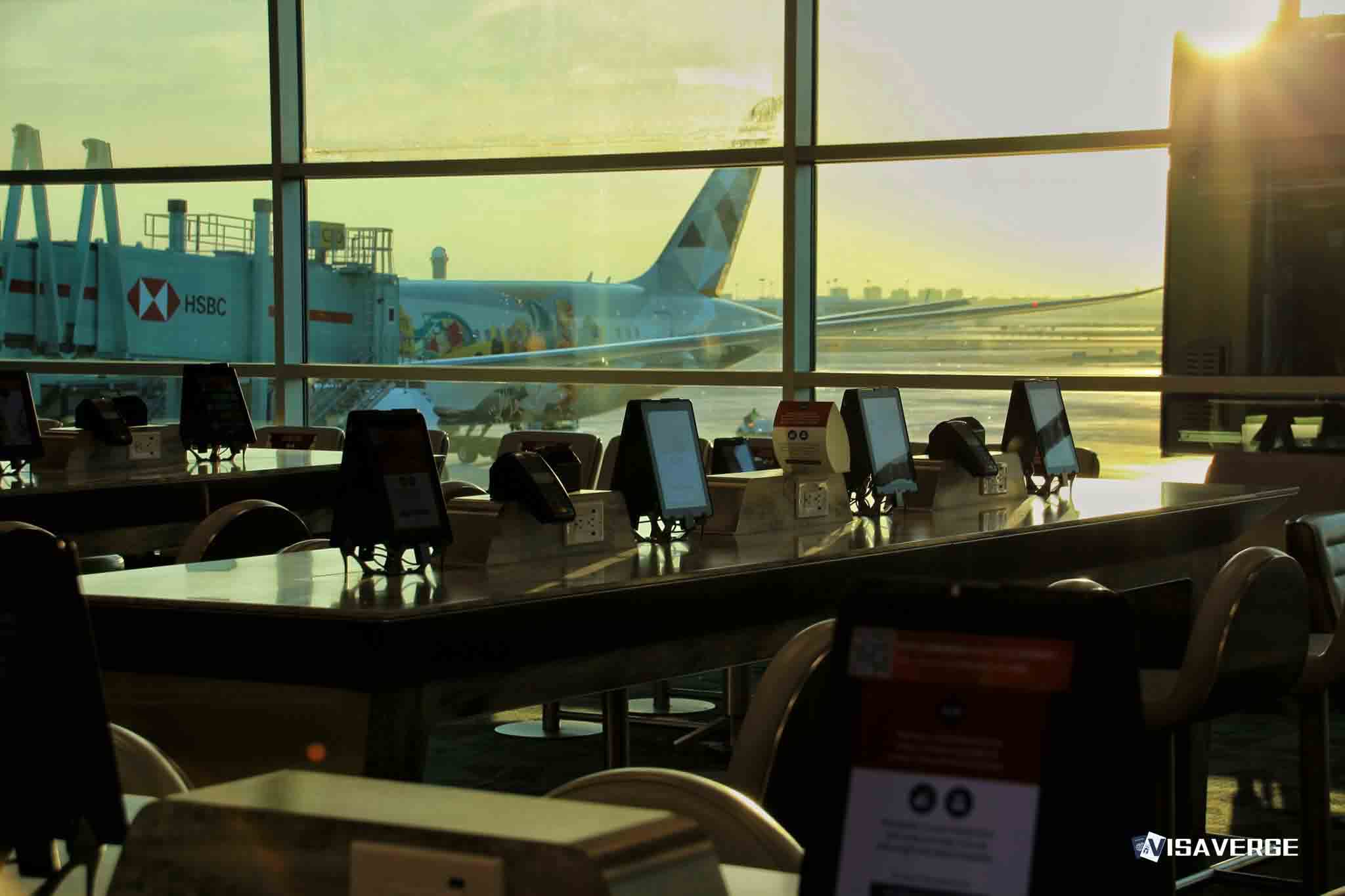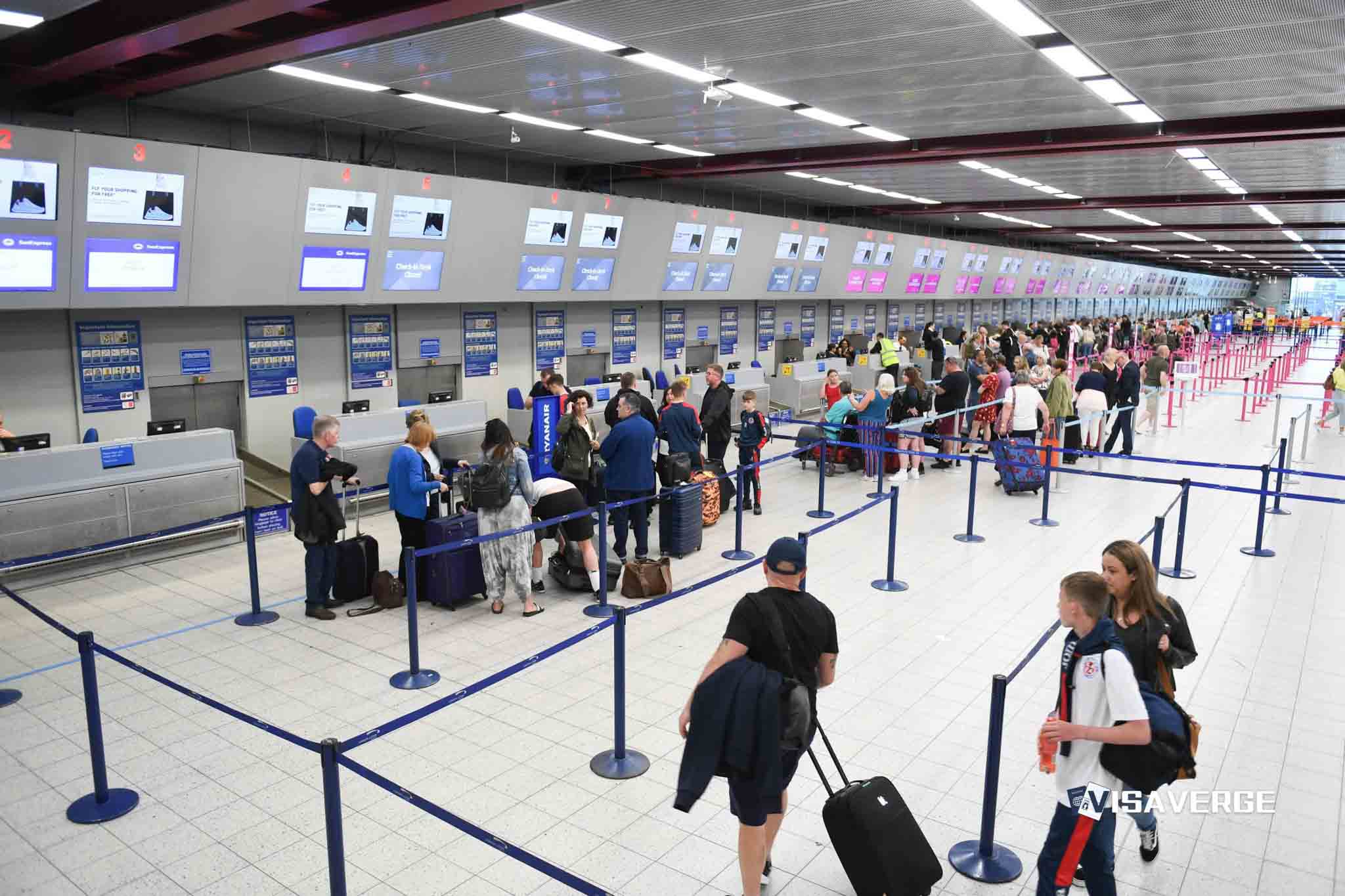(EPPING) Kemi Badenoch, leader of the Conservative Party, said this week that asylum seekers should be moved out of hotels and into “migrant camps” run as detention centres, arguing the shift would protect both residents and newcomers after protests and a high‑profile case in Epping, Essex. Speaking between August 11 and 14, 2025, she called for rapidly built, policed sites—likening them to the Nightingale hospitals—where claims would be processed under tighter control.
Her comments, made during visits to Epping, came as ministers face pressure over small boat arrivals. Official figures cited by party officials put the total at 49,797 people since Labour won the 2024 election, making 2025 the worst year on record for illegal arrivals. Conservatives say Labour removed deterrents and let the situation spiral. Labour had not issued a formal reply to the camp proposal by August 15, 2025.

“We need to process people in detention centres,” Badenoch said. “We need to build proper camps where we keep people safe, whether they are migrants or the local communities.” She described the current reliance on hotels as unsafe, expensive, and hard to oversee.
Policy outline and rationale
While no blueprint has been released, Badenoch said the sites would be secure and policed, with expert input on design and logistics. Camps would function as detention centres rather than open accommodation. People would be transferred from hotels and kept on site while Home Office teams handle screening and decisions.
She pointed to the fast construction of Nightingale hospitals during COVID-19 as proof the state can build quickly when needed. Supporters inside the party argue that similar modular methods could stand up accommodation, security perimeters, and basic services at speed.
The stated goals are:
– Tighter oversight of who is housed and where they go
– Faster case movement through focused on-site processing
– Reduced local disruption around dispersed hotel placements
Specific timelines, costs, and locations have not been provided. There is no confirmation that Cabinet or the Treasury has approved funding. No formal legislation has been introduced as of August 15, 2025.
Security is central to the pitch. Backers say detention will:
– Cut disorder around hotels
– Reduce risks to women and girls
– Ease strain on local services
The latest push followed reports of an alleged assault involving an asylum seeker staying in a local hotel and days of heated protests in Epping.
Reactions and practical impact
Reaction has been mixed. Some local residents in Essex and elsewhere support stricter control and an end to hotel bookings. Others warn that large camps could bring fresh tension, heavy policing, and stigma for people fleeing war or persecution.
Media commentary has been sharply split:
– Critics call the plan cruel, impractical, and politically driven.
– Supporters argue it is a necessary reset to regain control of the system.
VisaVerge.com reports that previous governments examined versions of this idea—onshore camps and offshore processing sites—only to step back over capacity limits and ethical concerns. Experts argue camps would not fix the drivers of movement and could deepen social division unless paired with:
– Faster decision‑making
– Legal routes to safety
For people seeking asylum, a shift to camp-style detention would mean:
– Detention on arrival or soon after
– Restricted movement and increased surveillance
– Potentially worsened mental health and disrupted integration (school places, healthcare)
Advocates warn of these harms; supporters counter that closed sites can also protect vulnerable people inside the system.
Practical steps if adopted
If adopted, the implementation steps would likely include:
- Government approval of a legal framework.
- Identification of sites—likely away from town centres.
- Rapid build using modular units.
- Recruitment of police, security staff, and caseworkers.
- Transfer of people from hotels into camps.
- On-site processing, leading to removals for those who do not qualify and release for successful claimants.
Expected logistical requirements:
– Transport links, water, power and space for medical and legal services
– Security hiring, competing with wider police recruitment
– Increased caseworker capacity to avoid long-term detention
Officials have not published hotel occupancy numbers, but protests around placements have multiplied. In Epping and other towns, residents point to stretched public services and fear about who is moving in nearby. Migrant charities reply that most arrivals want safety, follow rules, and need calm, not confrontation.
The debate sits inside a rough year for the border system. Conservative leaders cite 49,797 small‑boat arrivals since 2024 to show scale and blame Labour for scrapping measures they argue deterred crossings. Labour had not set out a formal answer to the camp idea by mid‑August.
Legal, human rights and safeguarding concerns
Any move to detention raises due process questions. People held in camps would still need access to:
– Lawyers
– Interpreters
– Medical staff
Safeguards would have to be clear and enforced for:
– Children
– Trafficking survivors
Campaign groups insist on independent monitoring to prevent mistreatment and to track outcomes. Experts warn that without faster decision rates, detention risks becoming long‑term holding—raising both cost and legal risk.
Logistics pose hard tests. The state would need sites with transport links, utilities, and room for services. Security hiring would compete with police recruitment. Caseworkers already face heavy caseloads.
Important: Without clear timelines, funding, legal changes, and resourcing, modular camps risk becoming expensive, protracted detention facilities rather than the rapid-processing centres proposed.
On-the-ground realities and human stories
On the ground, the human stories cut through policy rows:
– Hotel managers report jammed phone lines from worried guests.
– Parents in Epping ask schools about space and safety drills.
– A Kurdish father who crossed the Channel might wait months with no say over where he sleeps.
– A care worker living next to a booked‑out hotel worries about her daughter’s GP access.
These everyday impacts illustrate how Westminster policy debates translate into local concerns and strained services.
Where to find official guidance
For those seeking official guidance on the asylum process, the Home Office explains how to claim asylum and what support may be available at the government website: https://www.gov.uk/claim-asylum. That page sets out screening steps, interviews, and support rules, which would continue to govern any new sites unless Parliament changes the law.
Current status and outlook
For now, Badenoch’s camp proposal remains a political statement, not a policy on the books. The idea has momentum among party figures wanting a visible reset but faces strong pushback from rights groups, some local leaders, and parts of the press.
As protests continue in Epping, the argument over migrant camps will likely shape the next phase of the UK immigration debate. Details may change quickly and further announcements could come without notice.
This Article in a Nutshell
Kemi Badenoch urged police-run migrant camps between August 11–14, 2025, to replace hotels. She cited 49,797 small-boat arrivals since 2024. Supporters want faster on-site processing; critics warn legal, humanitarian, and cost risks. Without timelines, funding, or laws, camps remain a political proposal amid heated local protests and debate.







